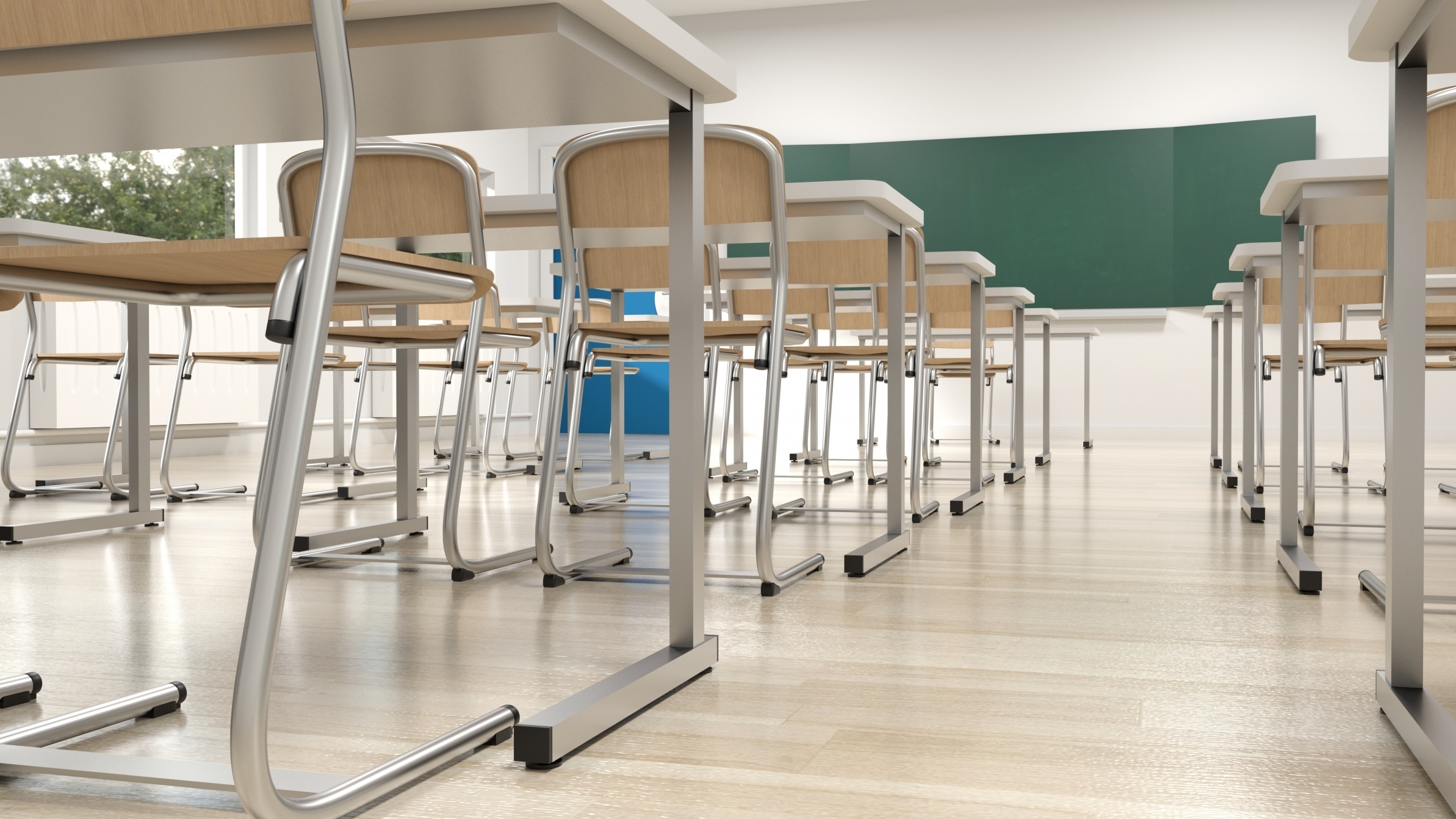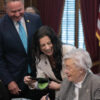The Alabama House Ways and Means Education Committee on Tuesday held a public hearing on the state’s education spending bill with a budget of $8.1 billion, an increase by approximately $503 million from last year’s budget, thanks to federal COVID funds.
Rep. Danny Garrett, R-Trussville, chair of the House Ways and Means Education Committee, began the meeting by explaining how COVID-19 is impacting the budget.
“I think it’s no secret that we’re sitting on a mountain of cash. Our cash position is directly a result of more than $50 billion infused by the federal government during the COVID situation, and federal money continues to pour in,” Garrett said.
Lawmakers began the budget process with the beginning balance of $1.3 billion, Garrett said. The committee’s budget reduced Gov. Kay Ivey’s proposed education budget by $125 million.
“This will allow for more money to ultimately be transferred into the advancement and technology funds for spending by the individual school systems and institutions,” Garrett said.
Committee changes in House Bill 135 include Increasing the budget for the Council on the Arts by $50,000. Changes also include an additional $600,000 for the cyber technology engineering school to support enrollment growth.
“We’re also fully funding the Technology Services Program by a $4 million increase. This will get the tech coordinators where we need them,” Garrett said.
Classroom materials spending would also be increased by $9.5 million, raising it from $700 per room to $900 per room. The bill would also include $20 million to support a bill making its way through the state Senate that aims to strengthen math skills in public schools.
Barbara Cooper, secretary of the Alabama Department of Early Childhood Education, was the only person to speak during the public hearing, and said there’s been a 68 percentage point gain in literacy among pre-K students, from 12.5 percent to 80 percent.
“First Class pre-K is working and the data supports it time and time again,” Cooper said, before noting that the department is seeking a budget increase.
“With the funding increase that is in the budget now we will be able to serve 35 more classrooms that will raise quality in the kindergarten through third grade years,” Cooper said.
The committee took no action on the budget bill, but is set to take a vote on it Wednesday, Garrett said.





















































